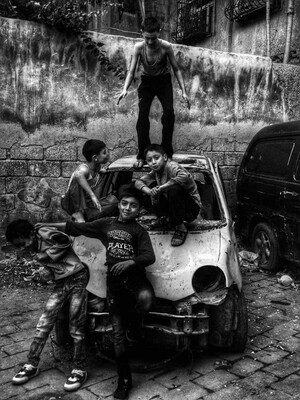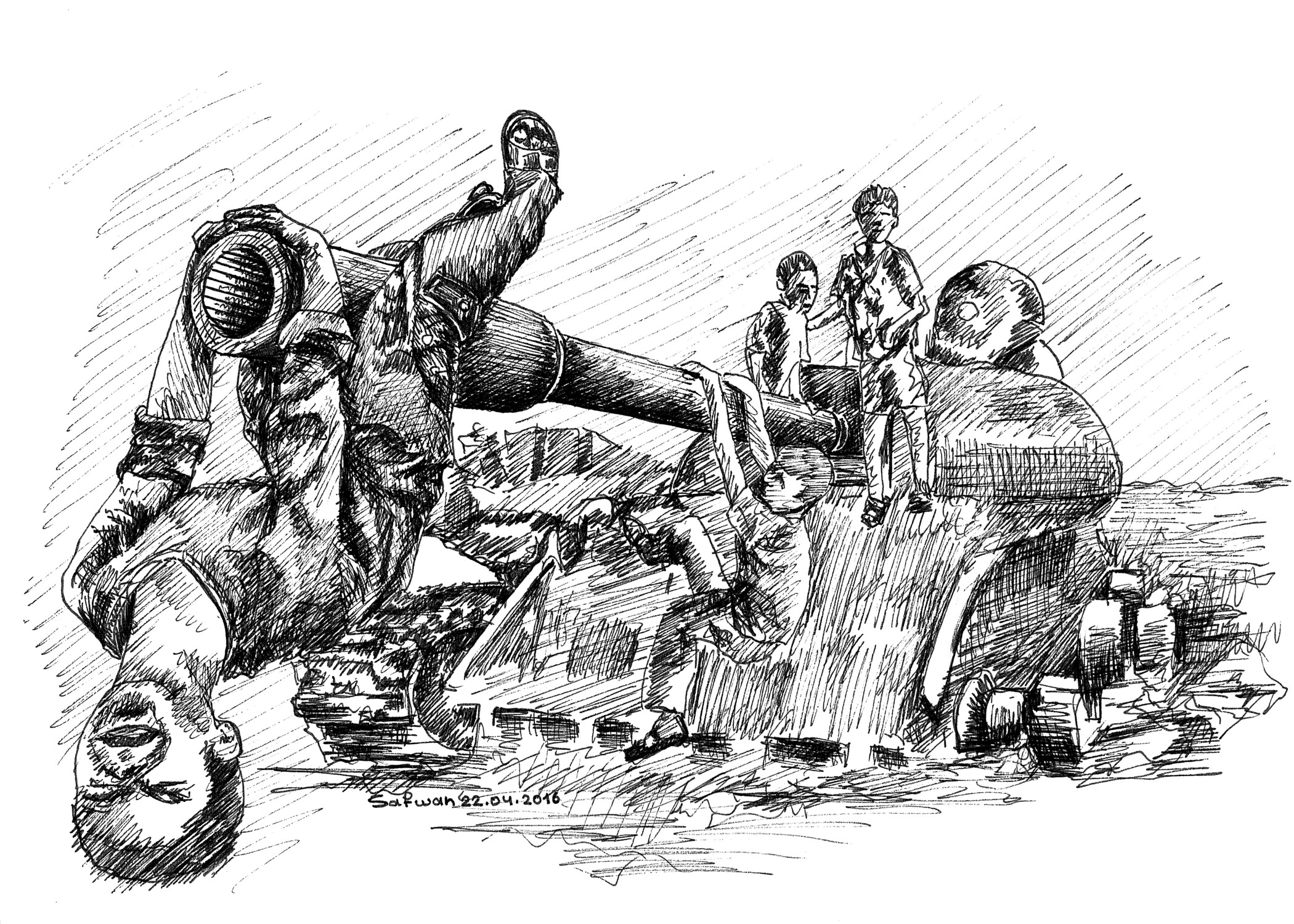
Contact person: Gebhard Fartacek
In narrative and theme-centred interviews, Syrian war refugees are invited to recount their lives and experiences of refuge, and to reflect on desirable models of social coexistence.
The interviews with Syrian refugees are conducted also with a view to further development of anthropological theories relating to the dynamics of the ethno-religious segmentation in the Middle East, with an emphasis on local-cultural concepts and socio-cultural mechanisms.
Hypotheses with regard to the following topics are to be generated using a grounded theory approach:
- The ‘previous’ everyday environments of the refugees in Syria with particular reference to their ethnic/religious integration:
What were the personal circumstances of interview partners on the outbreak of the civil war and before that? How do they view the socio-political developments associated with the so-called 'Arab Spring' and how do they consider that the ethnic and religious tensions arose? What levels of escalation and radicalisation are interviewees able to identify?
- Phases of the refugee experience:
To what extent is this displacement phenomenon a reflection of the ethnic and religious segmentation of Syria? What role do family and other support networks play when it comes to the decision to flee Syria, take a specific route or with regard to the choice of target country? What form do the collective and personal identity constructs of the refugees take and how are these evolving?
- Current situation in Austria:
How do Syrian refugees perceive the various native population groups in Austria? Do refugees have specific normative expectations with regard to their host society/societies? To what extent is the ethnic and religious segmentation of Syrian society mirrored in the way that refugees chose to settle in Austria and in their interactions with fellow refugees? What 'integration strategies' do interviewees have and what are their plans for the future?
The interviews will be conducted in Arabic. To the extent that the interviewees consent to this, the interviews will be recorded and archived at the Phonogrammarchiv according to its proven technical and methodological standards. To ensure the refugees’ safety and protection, their documented life histories and prospects presently cannot be made accessible to the general public. However, they may constitute valuable source material for future generations of researchers.
In view of the difficult situation in which the refugees find themselves, the interviews will need to be conducted with a considerable degree of tact and sensitivity. Of particular advantage is the fact that the project manager, Dr Gebhard Fartacek, already has significant background knowledge and also specific practical experience of research in this area (extensive ethnological fieldwork in various regions of Syria). He also works voluntarily for Austrian refugee initiatives.
In 2016, Dr Fartacek was decisively assisted by Safwan Alshoufi, BA, a Syrian artist and conflict manager with his own experience of refuge, who completed an internship at the Phonogrammarchiv in the framework of the ÖAW Refugee Initiative.
The main goals of the project are to achieve better insight into the world of Syrian refugees, specifically into their situation in Austria, and to contribute towards improving future integration policies. First interim findings were published in a volume edited by Susanne Binder and Gebhard Fartacek, „Facetten von Flucht aus dem Nahen und Mittleren Osten“ [Aspects of Forced Migration from the Middle East], Facultas-Verlag.
